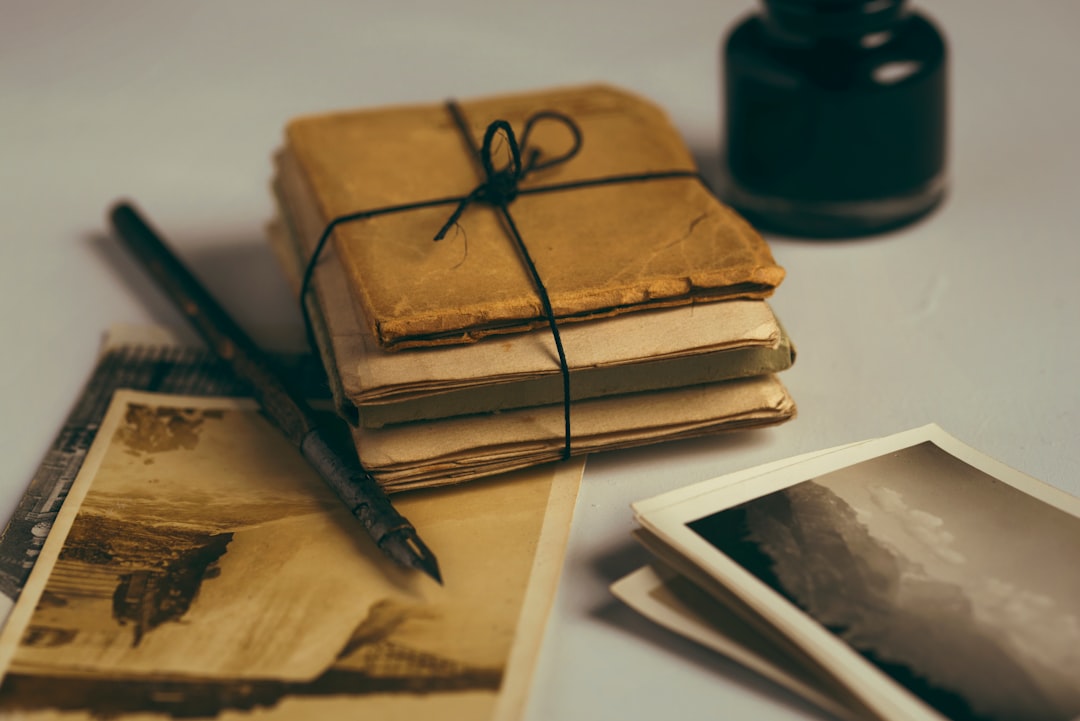O to have had such an extraordinary depth of understanding of the world at just 27, though perhaps we can attribute a lot of that to the solitude and the study of oneself that Rainer Maria Rilke was a passionate advocate for. He certainly wasn’t diverted constantly by distractions as we are, or at least that’s the impression we get from this collection of ten letters written during 1903, though not published until much later in 1929, after his death.
This reading was requested by a subscriber (thank you Cate!) and having only just recently read this collection myself it felt like kismet to almost immediately return to it and further heed its myriad lessons. I am sharing the first letter from the collection for the recording, which is so rich in its illumination it sets the perfect precedent for what is to come. Lovingly translated and lightly edited by the book’s most recent curators, Anita Barrows and Joanna Macy (from this edition published by Shambala) this passage in particular from the introduction, written by the translators, resonated enormously with my own journey of transformation at this time:
Immediately upon telling the young cadet to go into himself, Rilke also tells him to go into nature. He invites him to welcome what he will find there, trusting that it will lead him deeper into his true identity. Anita Barrows and Joanna Macy
I too believe fervently that to return to nature is to return to ourselves. That the rupture and disconnection from nature in our dominant global culture is at the root of all human ills and this is the fundamental relationship that we need to foster, heal and restore in order to regain balance. I wish I could share the entire introduction here, honestly. The translators have captured the spirit of Rilke’s fervent ardour to commune with something far greater than himself and in doing so, seem to be in the receivership of the prophetic themselves — the citation in the book states that they wrote their introduction and this sign off, in March 2020:
We are grateful for the opportunity and the experience of translating these letters. We are glad this book will be small and easy to carry in the times that are coming. May all those facing loss and upheaval feel the spirit of this young man, with his intense and erotic love for the world. May they learn to trust that in themselves.
Anita Barrows and Joanna Macy
Art acts as both an alleviation from human suffering but also as a call to action. It contextualises and condenses our understanding of the world around us, the joy of it as well as that which feels desperately, dangerously beyond our control.
If you’ve never read this collection of letters and you are a writer, or an artist, or even an aspiring one, I cannot recommend them highly enough. As well as delivering a beautifully human brief encounter, they read like a mini-masterpiece on how to live, who to be and how to show up to your art even though they are simply that, a collection of letters; a correspondence gifted from a 27 year old poet-philosopher, to a 19 year old soldier who aspired to emulate him.




